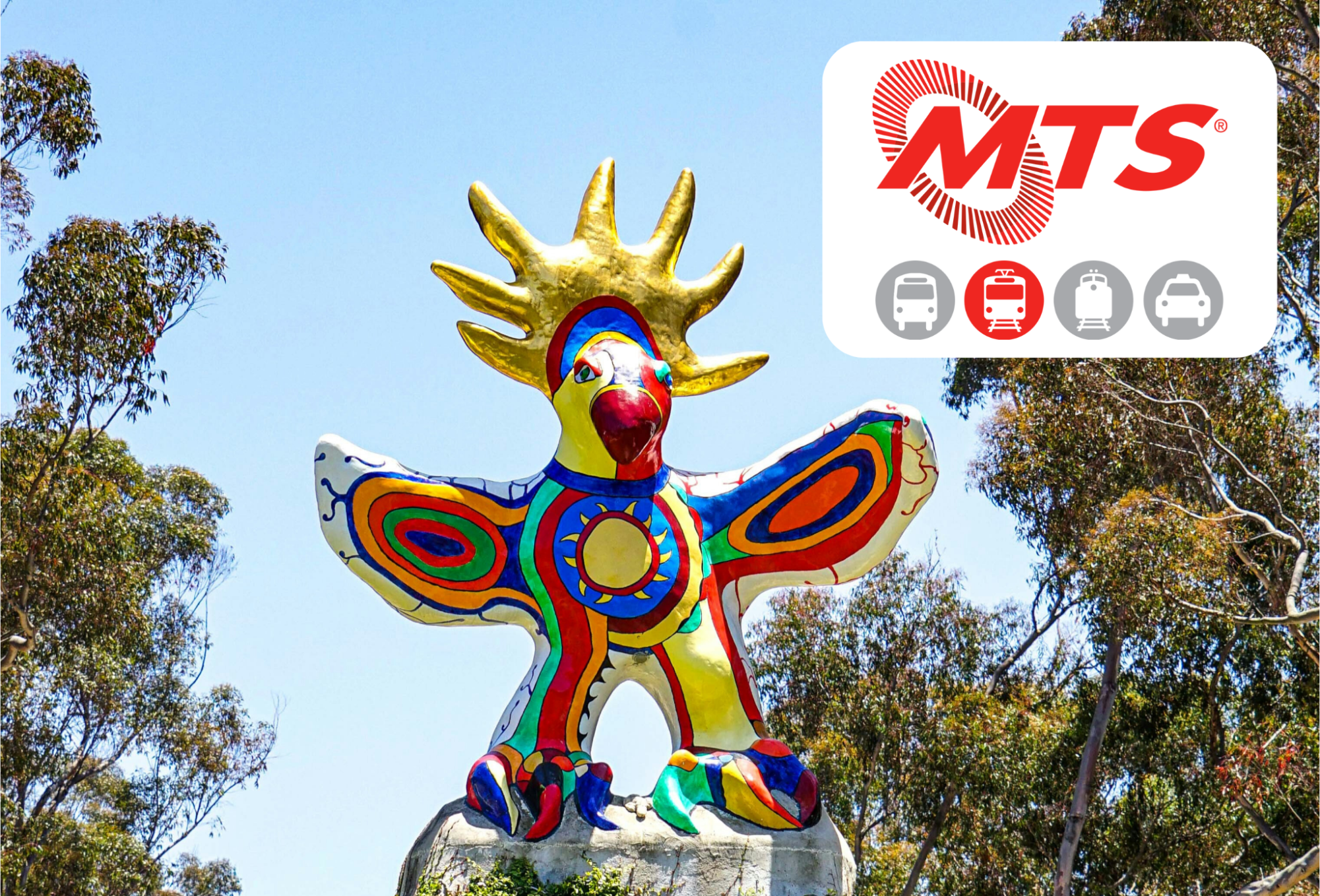In 2019, The UCSD Guardian published an opinion piece on UC San Diego’s heavy reliance on the Metropolitan Transit System’s buses for the transportation of students to and from campus. Former editor-in-chief, Daisy Scott, argued that late and overcrowded buses were negatively impacting students’ ability to reliably get to campus from the surrounding La Jolla area. However, the fault was indirectly placed on MTS and actually traces back to the university and its failure to acknowledge an overcrowded student population.
Considering the ever-expanding enrollment at UCSD, Scott’s critique is still relevant. While the article acknowledges the impact that bloated occupancy of MTS vehicles has on students and faculty, it does not delve into the effect this has on MTS employees, particularly bus operators. A 2023 study suggests that being a bus driver now requires a strong tolerance to high stress due to the requirements and unpredictability of the job position. For MTS bus drivers, the overpacking of buses can contribute to increased distractions and a greater difficulty maintaining a strict timely schedule due to significantly longer passenger loading and unloading times. It is well-established that constant elevation of stress levels is hazardous to mental health and these bus drivers are seeing no relief from these conditions.
Unsurprisingly, MTS workers went on strike in 2023 to protest the corporation’s exploitative practices. At the time, drivers and operators were forced to work long and overwhelming shifts that could last up to 13 hours. As a result of the strike, bus routes were delayed or shut down altogether, leaving both students and others unable to commute. The strike subsided on June 18, 2023, and La Jolla buses were not affected. However, the principle of excruciating working conditions essentially remained the same. While some drivers received a mere $2 raise, not all were compensated for their hard work, and long working hours persist with a shortage of bus drivers.
In fact, the problem is likely to worsen in the upcoming years if UCSD fails to acknowledge the role they play in the MTS labor exploitation. An ever-increasing student population combined with a lack of on-campus housing forces the majority off campus and into the adjacent La Jolla area. In an attempt to provide students with a band-aid for a gaping wound, UCSD offers free public transportation access through MTS. The intention was to supply commuting students with transit services for reliable transportation to and from campus, but, clearly, this assistance backfired. While free access to MTS transportation is convenient for students, it is a core reason why MTS routes are so overburdened and employees are suffering the consequences.
In addition, I have personally seen a bus packed with students unable to accommodate others trying to make their daily commute. Some bus routes, like the 41 to Fashion Valley, are on a less frequent schedule, meaning when a bus fills up with students on their way to campus, others who need the transportation are left to wait an additional 20 to upwards of 30 minutes for the following bus. If this problem persists, regular commuters may call for additional buses to be run on a faster schedule. This, again, leads to a heavier workload and strain placed on the operators of these buses.
In 2019, UCSD negotiated with MTS to extend operating hours for 201 and 202 buses, or the Superloop, which still did not address the issue of bus overcrowding. Instead, it resulted in MTS bus drivers working later hours and longer shifts that uphold unhealthy and exploitative standards. UCSD’s last reasonable attempt to alleviate bus overcrowding was the construction of the Central Campus Trolley Station in 2022. Shortly after the station’s opening, trolley ridership climbed 50% with a 66% increase on the UC San Diego Blue Line alone. These statistics correspond with the recent implementation of the Pronto U-pass and are representative of the 2022 fiscal year.
UCSD could alleviate the high stress levels of MTS employees by allocating funds toward revamping their own shuttle bus system. However, at the start of 2019, many university officials actually advocated for the opposite through the abolishment of the Arriba Shuttle Route. They argued that the MTS Superloop bus routes offered UCSD students the same service Arriba was implemented for. Unfortunately, university officials prevailed, and the Arriba Shuttle Route was completely abolished in February 2019. The university continues to minimize UCSD-run transportation options for students.
UCSD fails to direct its attention toward reforming much needed campus shuttle services that would significantly depopulate MTS buses. Students need to advocate for UCSD’s action and demand that the university implement better transportation options as the student population continues to increase.










Public Transit Advocate • Feb 15, 2024 at 4:39 pm
MTS needs to improve the conditions of its employees, pay them more, and increase staffing and routes. Implying that UCSD, it somehow a large contributor to this problem is misleading, and shifting anger to the wrong target. It’s also misleading to call MTS a corporation. It is a Public SERVICE.